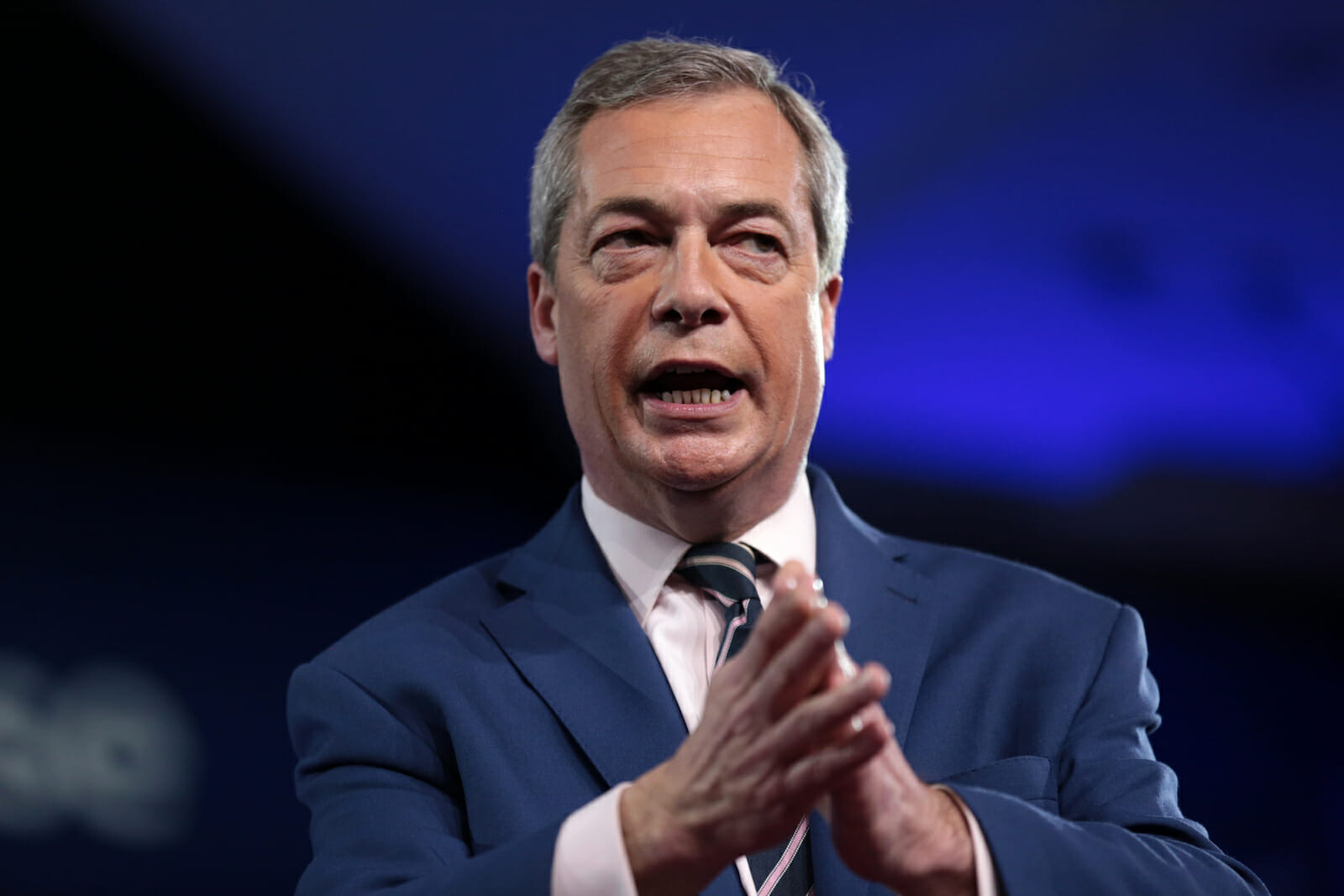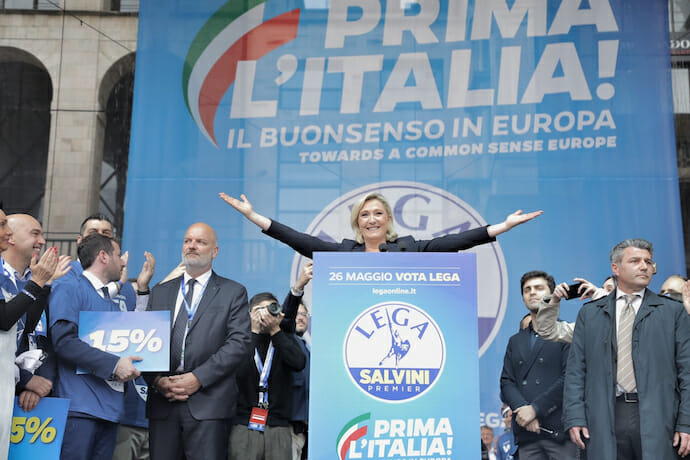
Green ‘Wave’ Victorious in Euro Elections as Far Right Tsunami Fails to Materialise
The outcome of the recent European elections is still being digested but there can be no doubting that the keenly-awaited poll signals a clear shift in political allegiances.
There were key gains for the Greens and Liberals but, paradoxically, this leftwards shift was offset by a mini-surge in support for populists and nationalists, particularly in the UK, France, and Italy.
The verdict? Europe’s twice-a-decade parliamentary elections, the second largest democratic contest in the world after India’s, ends the previous longstanding two-party domination of EU politics and served up a deeply fragmented European Parliament.
This, it is argued, merely serves to reflect the sort of fragmentation and polarisation currently being witnessed all over the world, from Brexit-torn Britain and Donald Trump’s electoral success in the United States to India and the Philippines, both of which recently saw electoral successes for so-called populists.
Given the recent turbulence afflicting the EU, including Brexit and the migration crisis, the 23-26 May elections mattered perhaps more than most.
An estimated 374 million people were eligible to vote in the elections that will see MEPs elected for a five-year term.
Turnout had been declining steadily but these elections reversed the trend with a 50 percent turnout rate, the highest in 20 years.
First contested in 1979, the outcome is being taken more seriously than ever before. Both pro and anti-EU politicians see the elections as a springboard to seize control of Europe’s agenda. French President Emmanuel Macron has said the contest was decisive at the most perilous moment for Europe since World War II while Hungary’s Prime Minister Viktor Orbán saw it as a chance to promote his “illiberal democracy.”
Meanwhile, traditional parties such as the centre right European People’s Party and the centre left Socialists have been rattled by the results where they lost their 40-year majority of seats.
While anti-EU populists like Nigel Farage’s Brexit Party in the UK, Marine Le Pen’s National Rally and Matteo Salvini’s Northern League gained seats, they are likely to fall short of seizing control of Brussels.

The big news, for some, was the so-called “Green Wave” after big gains for the Greens in various countries. Greens hope this will give them more leverage in the next parliamentary term to force their policies, notably climate action, higher up the EU agenda.
Two seasoned EU watchers gave their assessment of the elections.
Dr. Denis MacShane, a former Europe Minister in the UK under Tony Blair, said:
“The overexcited claims earlier this year that team Trump in Europe – Le Pen-Salvini-Wilders-AfD – were going to take over the European Parliament are now revealed to be wildly overblown lazy reporting encouraged by academics who should know better.
Even in the UK Nigel Farage’s 33 percent while an improvement on his 2014 score of 27 percent is far short of the 52 percent who voted Brexit in 2016.
In the UK both main parties were punished. Theresa May’s hard Brexit line failed to hold Tory voters who have been encouraged to oppose the EU by Tory leaders and MPs for 20 years. Labour was punished by Jeremy Corbyn’s incoherent, confused and contradictory line on Europe.”
McShane believes the UK reflects the rest of Europe where there are now many different parties reflecting different identity politics – green, nationalist, in addition to shrinking traditional 20th-century formations of centre right/left/liberal.
Paul Taylor, a former longtime Reuters bureau chief and now of the Friends of Europe think tank, said that despite a “lot of media hype” the nationalist/populist “tidal wave” did not happen.
“It was a high tide but no tsunami. Eurosceptics and xenophobes didn’t flood the EU institutions. Salvini won in Italy but lost in Europe.
Indeed, we may have seen the moment of peak populism in many countries. The nationalists/populists will have about 25 percent of the seats, split into at least two and possibly still three political groups. They will continue to shout impotently from the sidelines of the European Parliament and have little influence on legislation.
The atomisation of mainstream European politics continues, with both the major party families (EPP and S&D) suffering roughly equal losses and no longer able to form a majority together. That will hand disproportionate leverage to the liberal/centrist group in which Emmanuel Macron’s En Marche will be the biggest contingent. So despite narrowly losing at home to Marine Le Pen’s National Rally, Macron remains Europe’s pivotal leader, probably improving his prospect of a second term in France in 2022.”
The other big message was the Green surge in the wealthier countries of Western Europe, he says, adding, “Young voters turned out in unprecedented numbers to vote to save the planet. This ecologist message will set one of the top priorities of the EU’s next five years. Carbon taxes, kerosene tax or an air travel levy, and a move away from chemical pesticides and meat production will be high on the agenda.”
“The substantial jump in turnout, with a 51 percent average across the EU, will give the EU assembly greater legitimacy. It would be positive if the dispersion of votes among more groups led to more genuine debate in Parliament and fewer back-room stitch-ups. But perhaps that’s wishful thinking.”
Whether the Eurosceptics like the Northern League and National Rally will be the disruptive force many now fear remains to be seen. Similar concerns about the UK Independence Party, which swept the board in the UK in the last EU elections in 2014, failed to materialise.
After haggling over the creation of new groups, the new parliament is due to start work on 2 July.
For now, attention has now shifted to the post-elections share-out of the EU’s top jobs, including the presidencies of the European Commission and European Council.
This, for some, is where the real battle lies, with several candidates vying for the high-profile roles which will steer the EU for the next five years.

